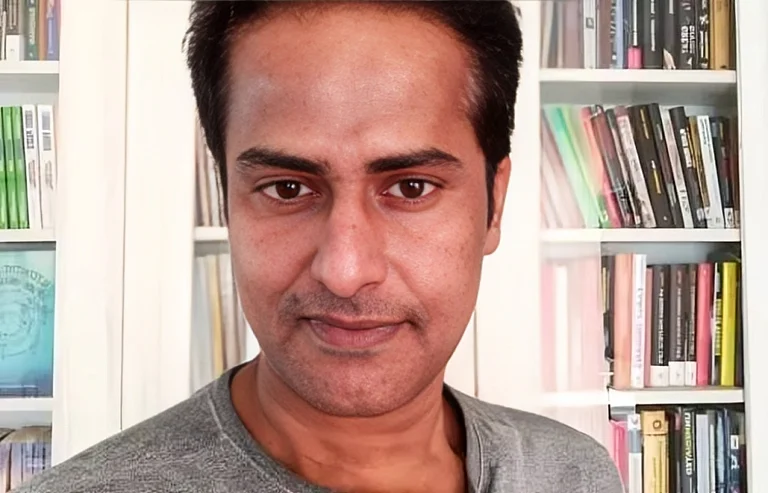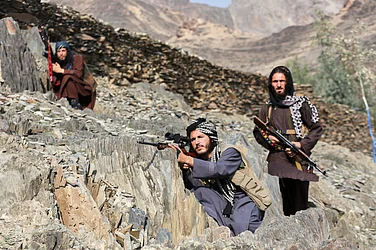Shatha Hanaysha, a journalist who lives a stone’s throw away from Jenin in the occupied West Bank, will never forget the morning of May 11 last year. She was alerted about an Israeli raid at the Jenin refugee camp — home to 10,000 Palestinian families who fled from their homes when Israel was formed in 1948. All the journalists, wearing vests with PRESS embossed in huge white letters and helmets, were waiting for the action to begin. Shatha and Al Jazeera’s senior correspondent Shireen Abu Akleh were the only two women journalists.
Suddenly, Israeli soldiers started firing at the press. Shireen and Shatha crouched on the side of the road after a bullet hit one of their male colleagues. In a split second, a sniper got to Shireen, killing her on the spot. Shatha, who always looked up to Shireen, was traumatised. But that did not stop her from rushing to the Jenin refugee camp —the centre of Palestinian resistance— every time there is an Israeli raid. These have intensified since October 7.
“Almost every day there is a new raid,” says Shatha, who lives just 15 minutes away from the camp. “For journalists, it is very dangerous to cover the raids because we don’t know how the soldiers will deal with us.”
A recent assignment kept her on the edge. On December 14, Israeli soldiers raided the Jenin refugee camp, an operation that went on for three days, killing 13 Palestinians and injuring 33.
“The soldiers don’t always come in military gear. For the initial recce, they come in civilian clothes. They identify their targets, and within minutes, reinforcements arrive. Military vehicles arrive from all the entrances. All entry and exit points are closed and people are instructed not to leave the camp,” says Shatha, describing what happens in a typical raid.
It is dangerous to be anywhere near a house or building that is targeted. The soldiers shoot at anyone loitering around.
“Sometime back, a soldier shot and killed a mentally ill person, who happened to be walking around in the area. No questions are asked. Everyone is a target. Israeli soldiers fire indiscriminately. There are bullet marks on the walls of all the houses,” she says.
Soldiers often break into homes, destroy properties and kill or arrest people. In the latest raid, 1,000 young men were arrested, but most have now been released. The worst affected, according to her, are the children living in the refugee camps.
“They are traumatised by the violence. Most of them burst into tears as soon as they hear gunshots,” she says. Beyond condemnation, nothing happens.
Speaking of condemnation, the fact that Shireen’s killer has not been punished weighs heavy on her heart. In her Facebook post on the first anniversary of her death, Shatha wrote: “The crime of Shireen’s murder and the bullets shot at me, all of it was caught on video, containing all the evidence you need to point out the criminal. But all that happened was a hearing here, a condemnation there, and then what?” Nothing.
(This appeared in print as ‘Everyone is a Target’)

































